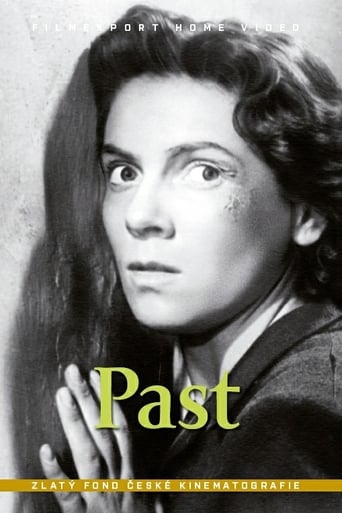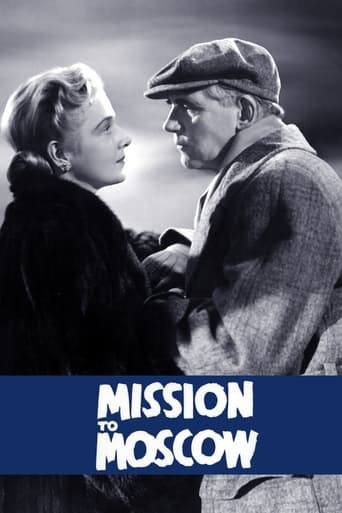


Mission to Moscow
Ambassador Joseph Davies is sent by FDR to Russia to learn about the Soviet system and returns to America as an advocate of Stalinism.
-
- Cast:
- Walter Huston , Ann Harding , Oskar Homolka , George Tobias , Gene Lockhart , Eleanor Parker , Richard Travis


Similar titles
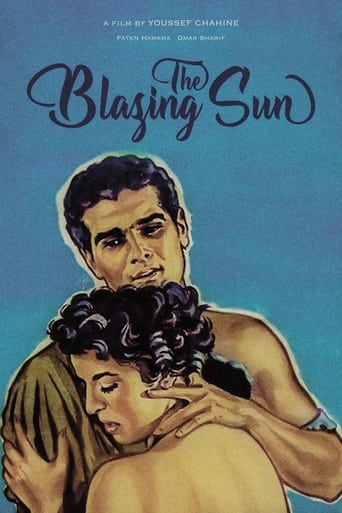
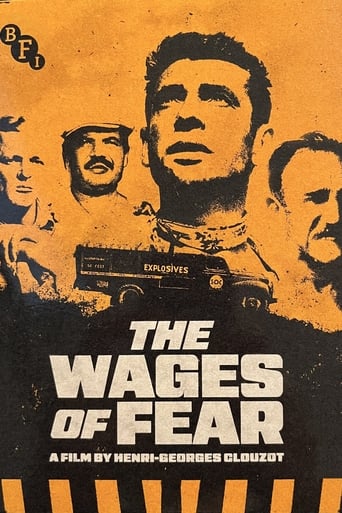

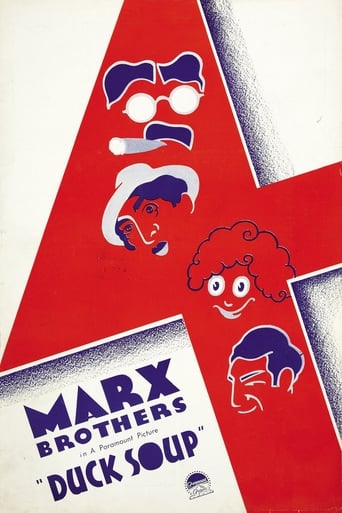
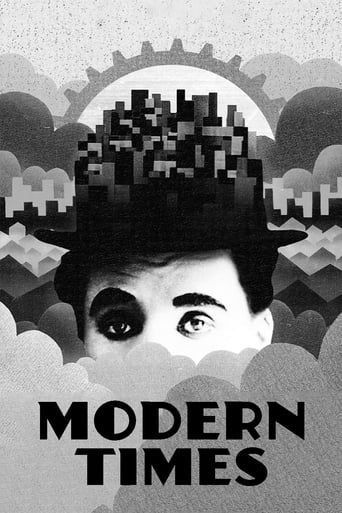
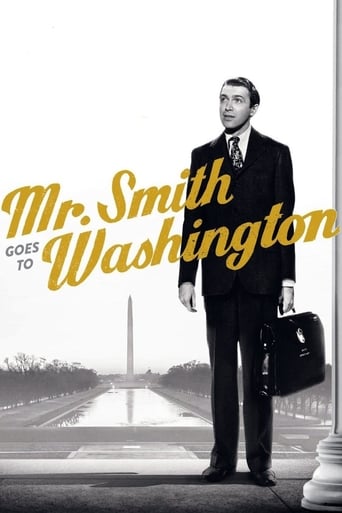

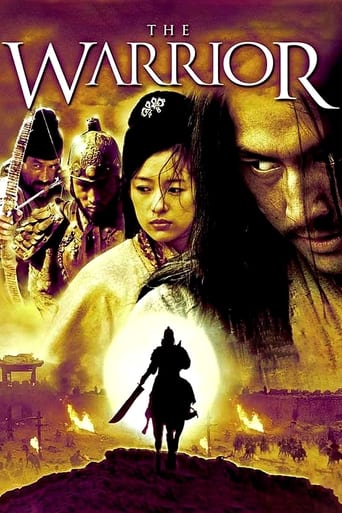
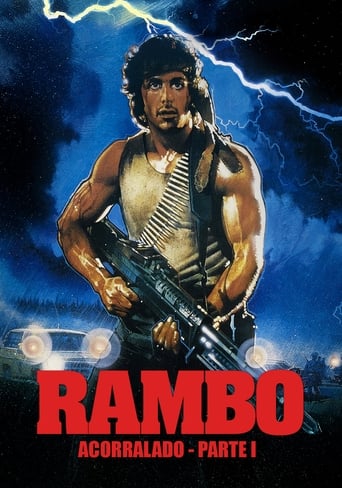
Reviews
SERIOUSLY. This is what the crap Hollywood still puts out?
Save your money for something good and enjoyable
just watch it!
Watch something else. There are very few redeeming qualities to this film.
This 1943 film has an infamous reputation as the worst of the pro Soviet films Hollywood made during World War II. Based on the memoirs of Joseph Davies (who was ambassador to the Soviet Union at the height of the Stalinist purges of the 1930s and appears as himself in the embarrassing movie intro), it is mind numbingly naïve about the nature of Stalinist Russia. The most ridiculous part of the movie is surely its depiction of the Moscow trials of 1937, where the defendants, portrayed as witless, cowardly thugs (except for Bukharin, which looks like an evil genius), are shown as unquestionably guilty. But even the Stalin-Hitler pact of 1939 and the Soviet invasion of Finland later that year are defended here.Its monumental naivete aside, it is kind of well done, in the sense that it was filmed competently (by Michael Curtiz, who directed Casablanca among many other films) and is politically embarrassing but never boring. Stalin reportedly liked the movie and had it shown several times in his private Kremlin screening room to his Politburo buddies. Walter Huston played ambassador Davies. Many little known character actors play the different Soviet politicians, and they were obviously hired due to the physical resemblance to the characters they were playing.
This is an artfully arranged movie that I felt compelled to watch scene by scene. Yes, this is clearly propaganda, and it bends over backwards to excuse the Realpolitik of Moscow's pre-war diplomatic manipulations. In the "show trial" scenes it avoids any expectation of honesty yet excels in the writing and acting of the various "conspiracy" characters. While writer Howard Koch and director Michael Curtiz are obviously doing their best to whitewash the Soviet regime and judiciary, there is enough focus on anti-Soviet perspectives that a viewer may suppose the presentation is "objective"-- thus enhancing the message with a feeling of fairness. For all its warping of reality, the film is a masterpiece of writing, cinematography, and acting-- and in his pacing and masterful blending of file footage with dedicated scenes, director Curtiz was at the top of his game. I would love to know more of the real life back stories of the émigré actors who played roles that appear to be opposed to their own political leanings. Konstantine Shayne (Bukharin) wins the prize for his deeply thoughtful portrayal.
To its credit, we know before viewing that this will indeed be a fairly stuffy, slow moving propaganda film about World War II.The American ambassador visits several countries before the outbreak of the second world war, with Russia his chief focus.The evils of Stalin are downplayed, to say the least, and his brief appearance can either be seen as benevolent or Machiavellian. The evils of Hitler are not downplayed.A film about ambassadors won't be interesting, and will be very stuffy. The director tries to modify this. In effect, we get half-documentary half-movie.This is an important film, because it tells us what people felt during this time, particularly people in power. It gives a very realistic account of the upper society, in an age when the oceans still isolate America, but the safety gap of the oceans was shrinking, as is stated by one of the characters.
Winston Churchill, on military deception during World War II, is said to have remarked, "The truth must always be accompanied by a bodyguard of lies." This movie demonstrates that the reverse can also be true.President Roosevelt in 1937 sends Ambassador Davies (Walter Huston) and his family on a mission to Europe to find out if war is inevitable. The merry group arrive in Hamburg where they are treated with condescension by the Nazi government. Then a much longer period in Soviet Russia where Davies views with amazement the industrial progress and the esprit of the ordinary Russian citizens. He investigates the situation in England, Austria, and, well, all over the place -- and at taxpayer expense. Never mind war. I want to know if he took his family skiing at Gstaad on our dime! Is the movie sympathetic to the Soviet Union? You bet. When this movie was released in 1943 Russia was getting a pounding from Germany and the Brits were struggling the Balkans and with Rommel in North Africa, with American aid. The Russians needed us and we needed them in order to keep Hitler fighting a war on two fronts.This was one of several propagandistic flag-wavers from the war years, condemning Germany and Japan, making light of Italy, and lauding our allies overseas, of which the Soviet Union was one of the principles. What irony that five years after this release, those involved in the production, or any production like it, were suspected of being comsymps and sometimes punished for it.The history we see is risible, though. Let me just recount one or two queer twists in the presentation.You know the Stalinist purges of the late 1930s? The ones in which Uncle Joe Stalin had most of his high-ranking generals and politicians arrested and either kicked out, sent off to Siberia, or executed? The purges that consolidated Stalin's power and left him almost helpless when the Germans invaded? Well, apparently, that wasn't Stalin's idea at all. In this movie, Stalin, is frank, sensible, and a little like an uncle you're fond of. The purge, it seems, was the result of a plot to depose the Soviet government and help Hitler conquer Europe. The plot was hatched by Leon Trotsky and a bunch of treacherous commies. (The word communism is never mentioned.) Stalin didn't want to rid himself of possible rivals but after all he couldn't let Germany take over Russia. Trotsky, by the way, having been driven out of Russia by Uncle Joe, was living in Mexico at the time and was soon to be dispatched by a botched lobotomy performed with an ice ax. It's unclear who sent the assassin.At the trials, the suspects confess freely to all kind of shenanigans. Q: "And you admit that no pressure of any kind has been brought to make you confess?" A: "None." Here's another interesting quote: "Russia has no aggressive intentions but is ready for anything that comes." (No mention of a Soviet occupation of half of Poland.) After the Japanese demolish Shanghai some Chinese children are brought to Moscow and treated in a hospital. Huston asks a Chinese diplomat why these children were brought to Russia. "Because Russia is our friend, Mr. Davies." The film seriously suggests that the appeasement at Munich was deliberate on the part of England, meant to encourage war between Germany and Russia, so that when the two nations had fought themselves to exhaustion, Britain could step in as savior and take over.All of these propositions ring with irony today, but they're all handed to us with the utmost sincerity. The pace never flags as Ambassador Davies, his wife (Ann Harding) and daughter (Eleanor Parker) take this FREE TOUR of the Europe and Asia, gobbling down caviar, swilling champagne and oysters, dancing at fancy balls, gawking at the performance of the famous ballerina Galina Ulanova (Cyd Charisse!), clapping at parades, visiting museums, ice skating in Gorky Park, cozening up to celebrities, buying cameos in the little shops near Vatican City, chatting over fish and chips with the Beatles in Liverpool, catching some rays at Cap D'Antibe, smiling and waving at the home movie camera in front of Maxime's, shouting drunkenly at the dancers at the Folies Bergere, smoking dope everywhere they go, giving the finger to the beggars in Calcutta, and who knows what all -- and all of it on TAXPAYER MONEY! The story is propelled by Michael Curtiz's always zippy direction and editing. If there was a foreigner working at Warner Brothers in 1943, you'll find him listed among the cast here. Native nationality is of little consequence. Ethnic Russians are played by Poles, Ukrainians, Hungarians, Greeks, Belgians, and Texans. And those are only the actors I was able to identify right away.It's a time capsule. The entire project is in fact so absurd that from time to time it elicits a smile or even a chuckle.

